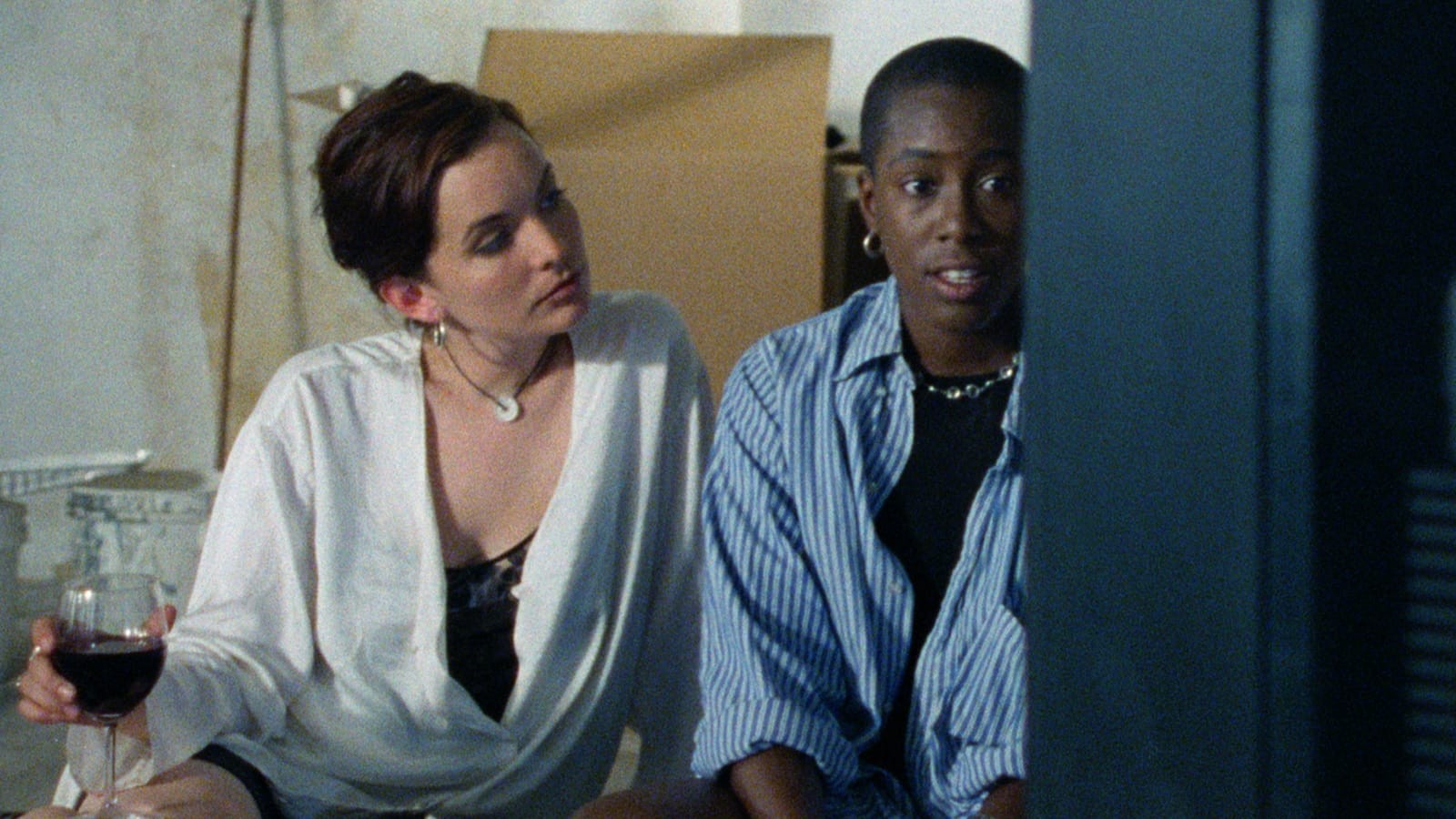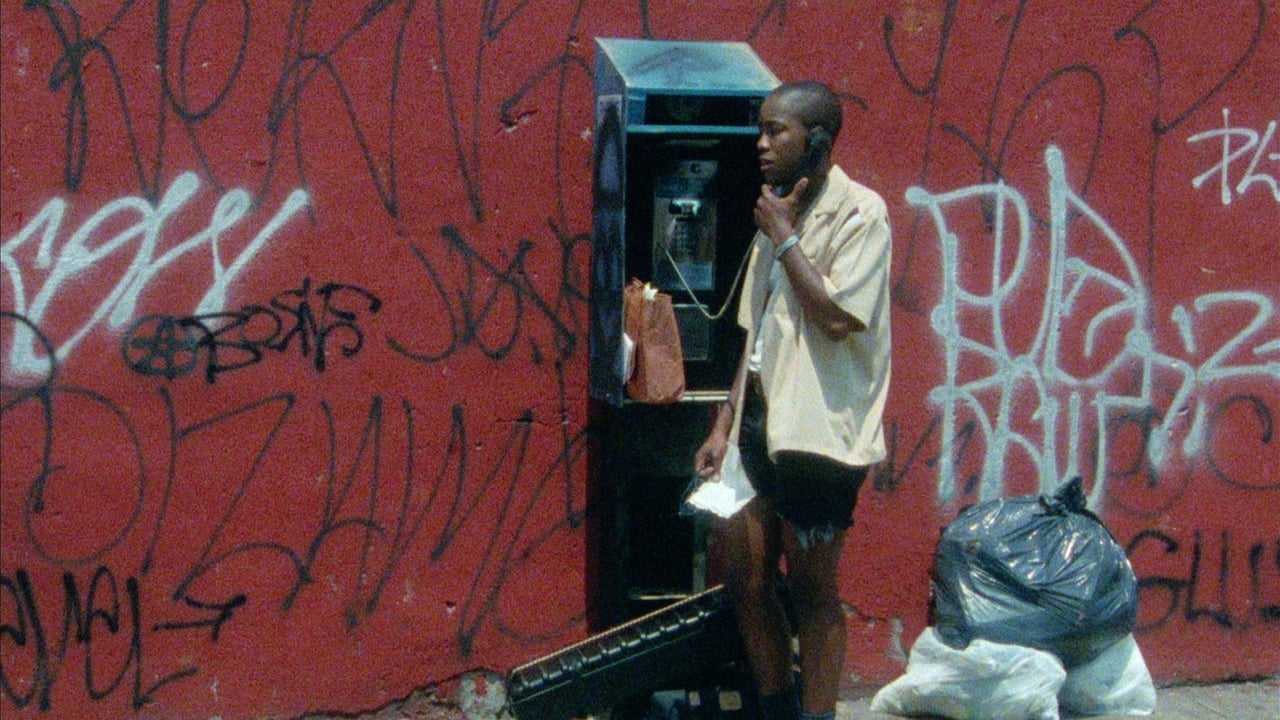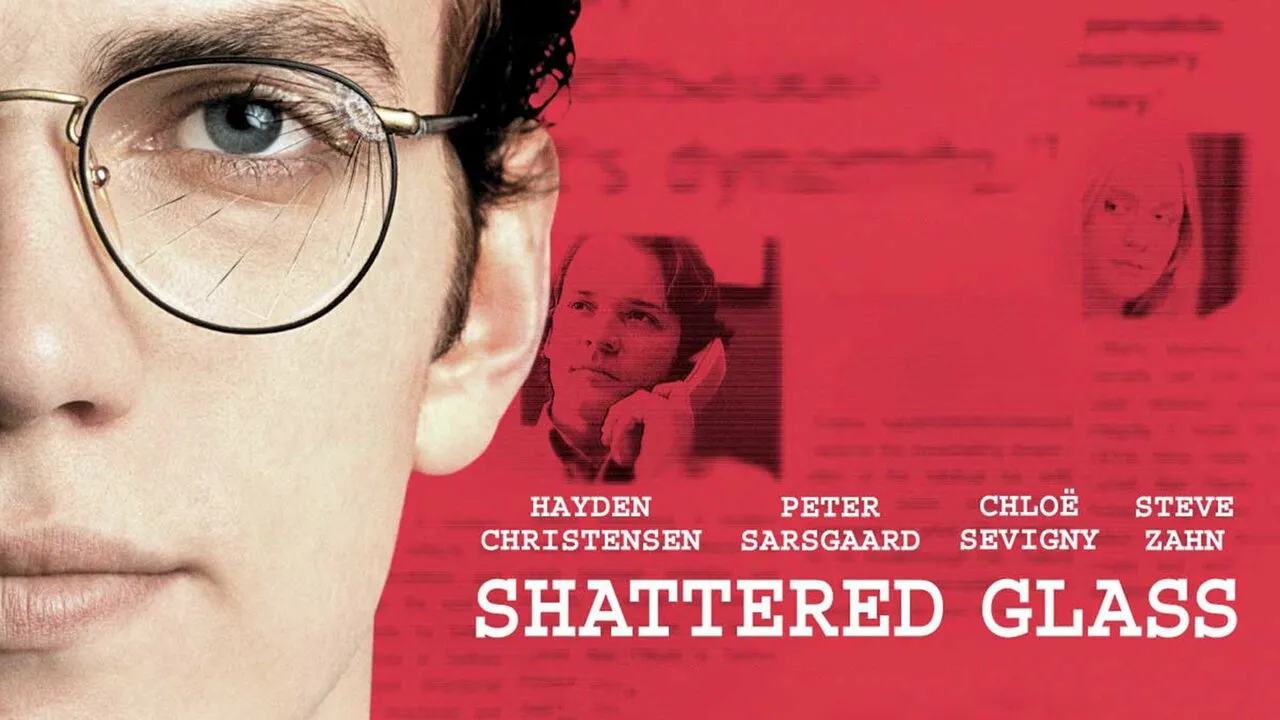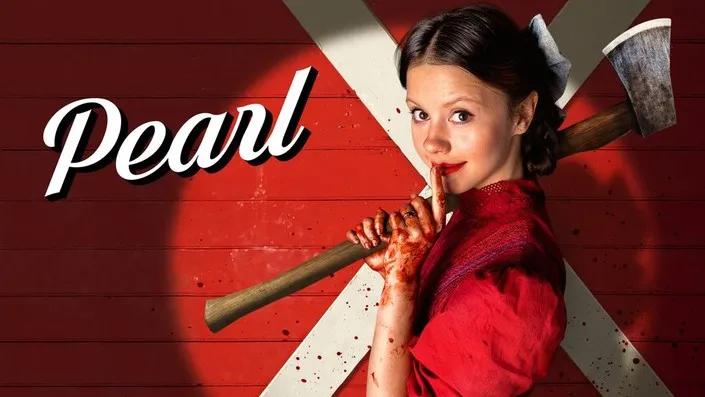The Watermelon Woman isn't just about finding the past—it's about reclaiming it, reshaping it, and refusing to be silent
The Watermelon Woman (1996) isn’t just a film—it’s a landmark. Directed, written by, and starring Cheryl Dunye, this groundbreaking indie gem is the first feature-length narrative film directed by a Black lesbian about a Black lesbian. With humor, heart, and fierce intellect, Dunye explores the erasure of Black queer women in film history by creating a fictional past that feels more honest than many “real” archives. The result is a witty, genre-defying blend of mockumentary and romance that questions who gets remembered—and who gets written out.
Set in 1990s Philadelphia, the film follows Cheryl, a young Black lesbian filmmaker (played by Dunye herself), who works at a video rental store by day and dreams of making documentaries. While researching vintage Black films, she becomes obsessed with an uncredited actress listed only as “The Watermelon Woman,” a character from a 1930s plantation melodrama. As Cheryl digs deeper into the mysterious woman's identity, she begins to uncover a hidden queer history—one that was never supposed to be found.

The search for the Watermelon Woman becomes more than a research project; it becomes personal. Cheryl’s investigation runs parallel to her own romantic entanglement with a white woman, Diana, forcing her to confront race, privilege, and desire in both the past and present. Through these intertwined journeys, Dunye critiques the invisibility of Black queer bodies in both film and mainstream culture, while also playfully asserting her presence on-screen as a subject, storyteller, and lover.
Despite its low budget, the film is rich with layers. It blends archival-looking footage, interviews, and narrative scenes with a sly self-awareness, blurring the lines between fact and fiction. Dunye uses this hybrid form to subvert traditional historiography, asking: if we’ve been excluded from the archive, why not create our own? In doing so, she exposes the politics of memory and authorship in cinema—and reclaims space for Black queer voices with radical creativity.

The Watermelon Woman is a love letter to forgotten pioneers, a challenge to the white, male-dominated canon of film history, and a powerful assertion that representation matters. Nearly three decades later, its relevance hasn’t faded—it’s only grown. Dunye didn’t just tell a story; she rewrote the rules of storytelling.



-1755088483-q80.webp)